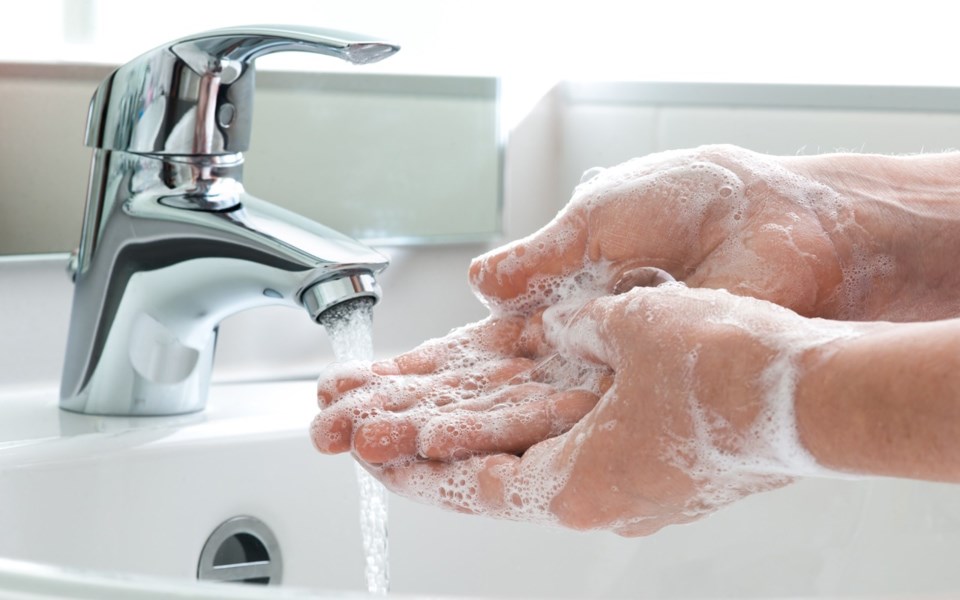Although B.C. health officials stress that the public health risk of the global coronavirus outbreak remains low, tourism operators across the province are bracing for a possible slowdown.
With two confirmed cases of coronavirus 2019-nCoV in B.C. (along with three in Ontario), prospective visitors may be rethinking travel plans, particularly with both the U.S. and Australian governments barring non-citizens who have been to China from entering their borders.
As reported in sister publication Business in Vancouver, Health Canada doesn’t plan to follow suit at this time. “The government of Canada and the provinces and territories have multiple systems in place to prepare for, detect and respond to prevent the spread of serious infectious diseases in Canada,” a statement to the publication read.
Dozens of airlines, including Air Canada, have cancelled flights to China amidst the outbreak, which has showed no signs of slowing. At press time, there were 20,438 confirmed cases in China, and 425 dead.
The prevalence of the virus is much lower outside of China, with at least 207 cases reported in more than two-dozen countries and territories.
China is an important market to B.C. both culturally and in terms of spending, but still makes up a small portion of overall travel volume. Tourism Vancouver data showed 323,629 Chinese citizens stayed overnight in Metro Vancouver in 2018, roughly three per cent of the total overnight visitors to the region that year.
In Whistler, that ratio is even smaller, with visitors from China and neighbouring Hong Kong each making up less than one per cent of total winter visitation to the resort.
“We anticipate the tourism impacts on Whistler to be minimal as China and Hong Kong remain relatively small markets (each represent 0.7% market share during the winter season),” wrote Lauren Everest, senior communications manager for Tourism Whistler, in a statement. “That said, we are continuing to monitor the situation and our thoughts are with all those who have been impacted.”
Nationally, the outbreak stokes memories of Canada’s 2003 SARS panic, which led to the deaths of dozens, along with a 10-per-cent drop in Vancouver’s tourism revenues, a 29-per-cent plunge in Toronto, and numerous conference organizers cancelling events.
A 2003 Conference Board of Canada report found that Toronto suffered a $950-million hit to its real gross domestic product as a result of the outbreak, with $570 million of that concentrated in the travel and tourism sector.
Dr. Sarah Borwein, a Whistler second homeowner who runs a family practise in Hong Kong and holds a Master of Science in Infectious Diseases, said it’s been difficult to strike a balance “between making people panic versus not making them anxious enough.
“My sense is that in North America (at least where I have been), people are quite complacent, and seem to feel that this is a China problem, not really a risk to them,” she added in an email. “While that is mainly true right now, the issue is that if this novel coronavirus is allowed to take hold elsewhere, it will become a global pandemic, and nowhere will be immune. Even if it turns out to be a generally mild disease, the sheer numbers will overwhelm healthcare systems. So everyone needs to be vigilant.”
In a statement, the BC Centre for Disease Control said the risk to the public remains low, but urged individuals to practice proper hygiene.
“The most important thing an individual can do to prevent getting sick from any respiratory illness, including influenza, common cold or the novel coronavirus is to wash their hands regularly and avoid touching their face,” the statement read. “We also ask that people cough and sneeze into their arm or elbow (rather than hands) and if you feel unwell, stay home to prevent spreading the infection to others.”
B.C.’s Provincial Health Officer has also set up a Special Provincial Coordination Committee to respond to coronavirus in B.C. The committee will focus on the coordination of provincial preparedness and response across B.C.’s health sector.
At Whistler Blackcomb, Vail Resorts’ West Coast communications director Marc Riddell said the ski resort has sent out tips to staff from the BC Centre for Disease Control to protect against coronavirus. He said additional sanitation stations have also been installed across the company.
For more information on the coronavirus, visit bccdc.ca.




